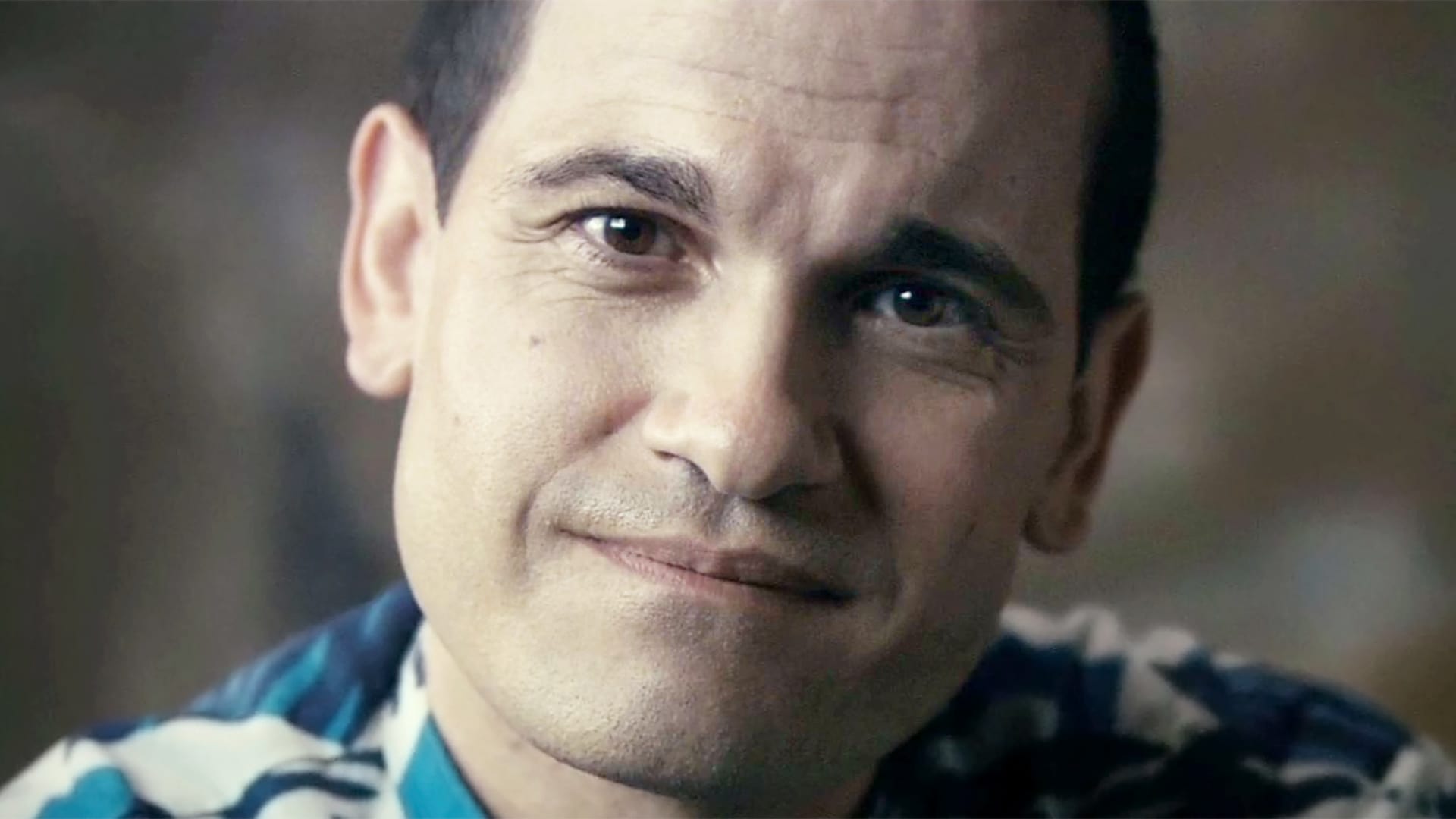
In any genre, there are bound to be brilliant films that we simply miss, not out of any kind of ignorance but just because we accidentally skim over films sometimes. Documentaries seem to suffer from this even more, being the most undervalued of all genres, with many only seeing the most popular and acclaimed of them all.
This means that hundreds of interesting documentaries slide under the radar, and even the occasional masterpiece, so… to save you the time of digging through hundreds of documentaries looking for the one to really grab your attention and hold you, use this list to save a little time. Here are ten documentary masterpieces you may have (but hopefully haven’t!) missed.
1. Warrendale (Allan King, 1967)
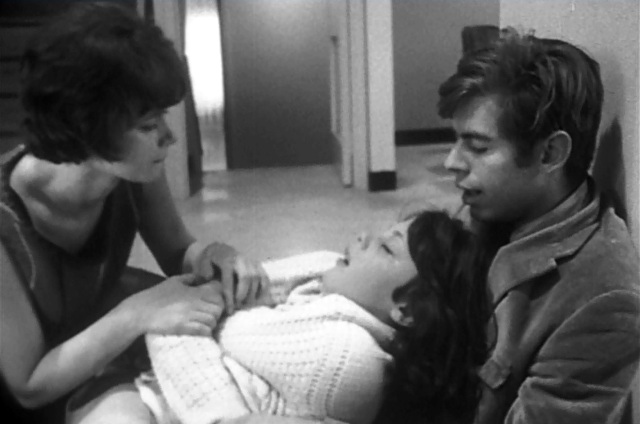
Starting off with the very best, from the most overlooked documentarian of all time, Allan King’s Warrendale is a cinema véritè masterpiece that really started the véritè movement within documentaries. King’s documentary focuses on a group of children in a home for the emotionally disturbed.
The power of the documentary lies in the way that King simply observed what happens, focusing on capturing the spontaneity of his surroundings in the first of a series of films he would call “actuality dramas”.
The film creates some of the most harrowing moments ever put to screen, observing the situations in a way that doesn’t make a comment either way, doesn’t have any bias and simply lets the audience see what happens and decide for themselves what they think about it.
One scene in particular focuses on a meeting held to discuss the death of a worker, which turns into a complete meltdown that King’s camera follows very closely, letting the audience watch as the workers do everything they can to keep the children under control, even if in some cases it leads to… questionable decisions on their behalf.
King’s film is an absolute masterclass in documentary filmmaking, and as if that wasn’t enough on its own, it also happens to be one of the most soul-crushing experiences one can have. Interestingly, it is said that the children asked King and his crew why their faces were blacked out in pictures of them in the newspaper, asking “what is so awful about us that we can’t be seen?”, and so, King let us see them, just as they are.
2. Law and Order (Frederick Wiseman, 1969)
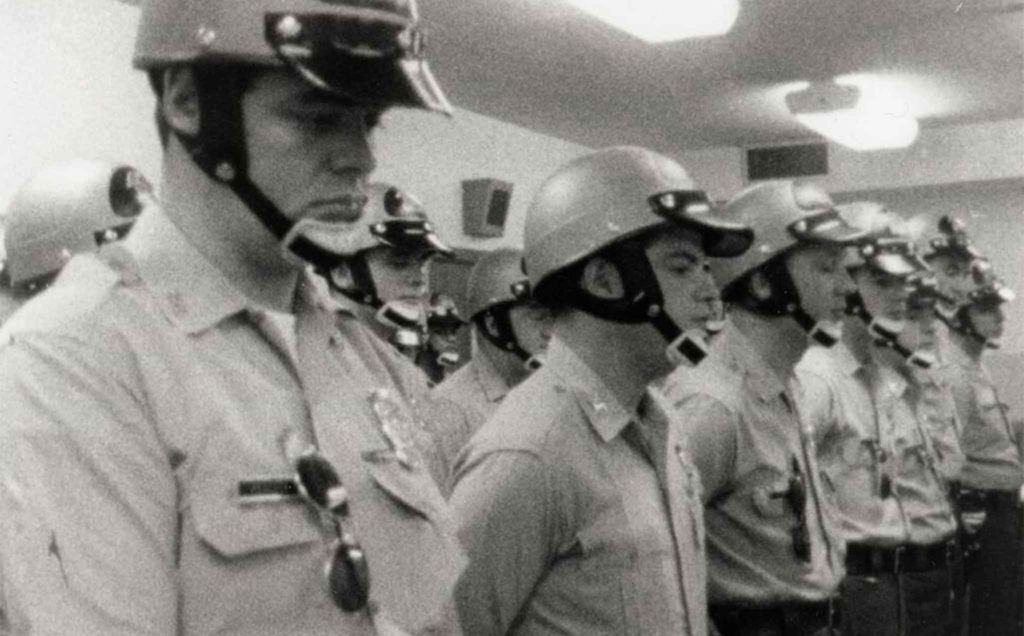
Another great example of the cinema véritè movement in the late 60s and coming from one of the most prolific of all documentary filmmakers, Frederick Wiseman’s Law & Order follows police officers as they patrol various areas.
Their encounters with civilians are always very interesting, with the véritè style leading to a very honest and laid back approach allowing the audience to just observe the protocol and decide for themselves how they feel about it and, in a similar way to Warrendale, there’s also the interesting point (accidentally) made about how protocol and treatment from authority has changed over time and what is deemed right and wrong now compared to what was deemed right and wrong then.
The changes are bigger than you’d think. Wiseman’s steady cinematography also help make this one stand out when compared to others, as does his never intruding camera. As troubling as it is insightful, Law and Order is really an essential 60s documentary with a focus on the American police. Also worth noting that the film does focus on police brutality and came out just after the peak of racial brutality (aside from the L.A. 1992 issues).
3. Of Time and the City (Terence Davies, 2008)
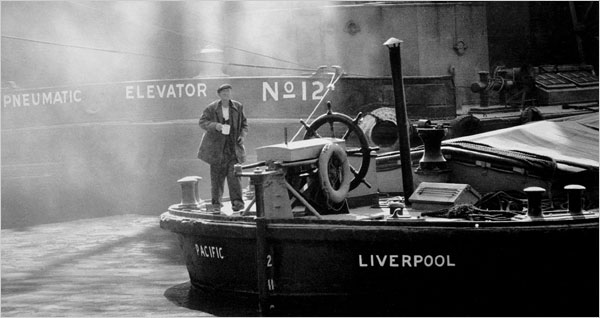
Coming from one of the greatest British directors to ever touch a camera (or grace it with his presence), Terence Davies extremely personal documentary focused on the city he grew up in, Liverpool and how it has changed over the years. Bringing to mind a range of different films, from Berlin: Symphony of a City to all of the other work Davies has done collectively.
Through rather deadpan narration, Davies looks back on his fond memories of Liverpool and his childhood spend there, also quoting numerous authors and philosophers and relating the changes in Liverpool as well as his experiences there. With some really cathartic imagery from the archival footage used throughout helping the viewer understand the beauty and the nostalgia that Davies feels towards Liverpool, the documentary is just gorgeous as it is nostalgic, making it one that has to be seen by anyone from Liverpool, but also by any fan of Davies in general.
4. The Imposter (Bart Layton, 2012)
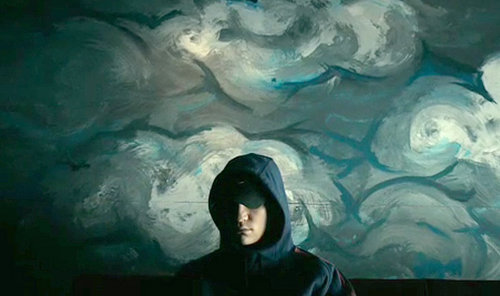
Now, one for fans of stranger than fiction documentaries. This mind-bending documentary, a stunning combination of fiction and non-fiction, tells the story of a family losing their son before having him reappear three years later in another country with some differences including a complete change in accent, however, the family are so happy to have their son back that they welcome him with open arms, despite the glaring differences.
Layton’s directorial debut is one of the most consistently thrilling and shocking documentaries made this century, following these events with incredible pacing and beautiful editing, using reconstruction footage and interviews to keep the pacing flowing perfectly.
The constant twisting and turning, the excellent interview footage and the editing make this an absolute must watch for any fan of documentaries and… Hell, any film fan in general. By the time it finishes, you’ll be disturbed, hyper aware of who you trust and delighted by the unbelievable quality of this documentary. It cannot be recommended enough.
5. When The Levees Broke: A Requiem In Four Acts (Spike Lee, 2006)
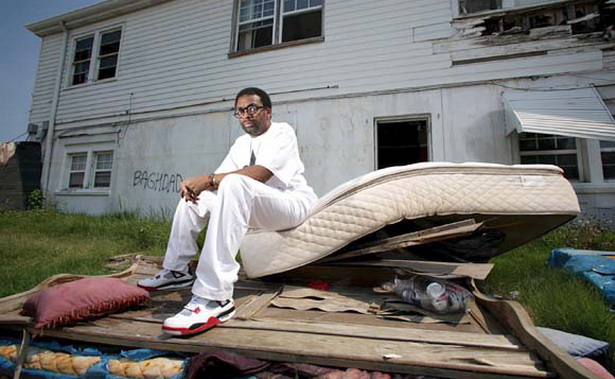
Spike Lee’s 4 hour mammoth masterpiece, When The Levees Broke, is more than likely to be cited as one of the essential documentaries as time passes. Focusing on Hurricane Katrina and it’s aftermath, Lee’s documentary takes hundreds of differing perspectives and puts them all together, creating this chilling cry of humanity to the government who simply didn’t do enough about this huge problem at the time.
Using footage made by people at the time of the hurricane, photography of the event, endless interviews, footage of debates, music, celebrity appearances and so much more to create a horrendous image of the tragedy and the lack of relief that came after for New Orleans and the people living there, with a specific focus on a group of individuals whose lives were forever changed by the tragedy (whilst simultaneously alluding to the fact that there are thousands just like them, too).
It’s endlessly frustrating, upsetting, infuriating, crushing… but of course it is, coming from Spike Lee, who managed to direct this so perfectly and also capture so much with it that it’s hard to believe that something this sprawling can even exist. It’s one of the most important documentaries ever made, and it demands four hours of your time. It is genuinely required viewing.